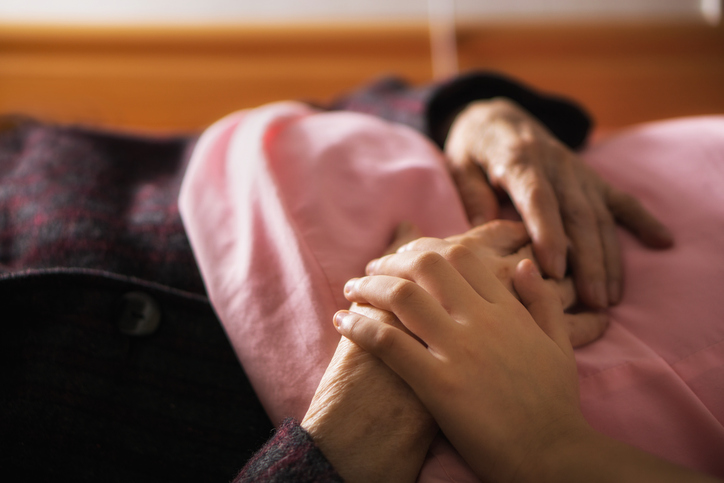“It’s not the question of euthanasia that should be debated today but that of the patients’ right to receive reasonable, positive support, relief for symptoms of discomfort and access to palliative care”. In an article, all doctors in the Palliative Unit and the Mobile Palliative Care Team in the Nord region of France reminded people that their mission “is never to shorten life but to relieve symptoms”. Their job is to get “patients and their families‘to live the time left to live’ in the best possible conditions”.
They point out that “palliative care is available from day one with an incurable disease, as soon as the diagnosis is given (even if presented differently). It plays an increasingly important role in the global care strategy, constantly adapting in line with the patient’s condition, desires and needs”. For these practitioners, the intention of palliative care “is never to shorten life but to relieve symptoms. Death doesn’t occur because treatments are started or stopped but because of underlying disease progression with death being more or less inevitable in the short term”. They know that “palliative care involves working with bereavement, dialogue and sharing moments of joy which would otherwise not have been possible”. All of this bears witness to the fact that palliative care “is full of life”. Last but not least, “whether patients are treated at home or in hospital, palliative care is a modern, multi-disciplinary approach to promoting end-of-life care in our society which is afraid of ageing, disease, loss of independence and death”.
Le Figaro (14/10/2018)

